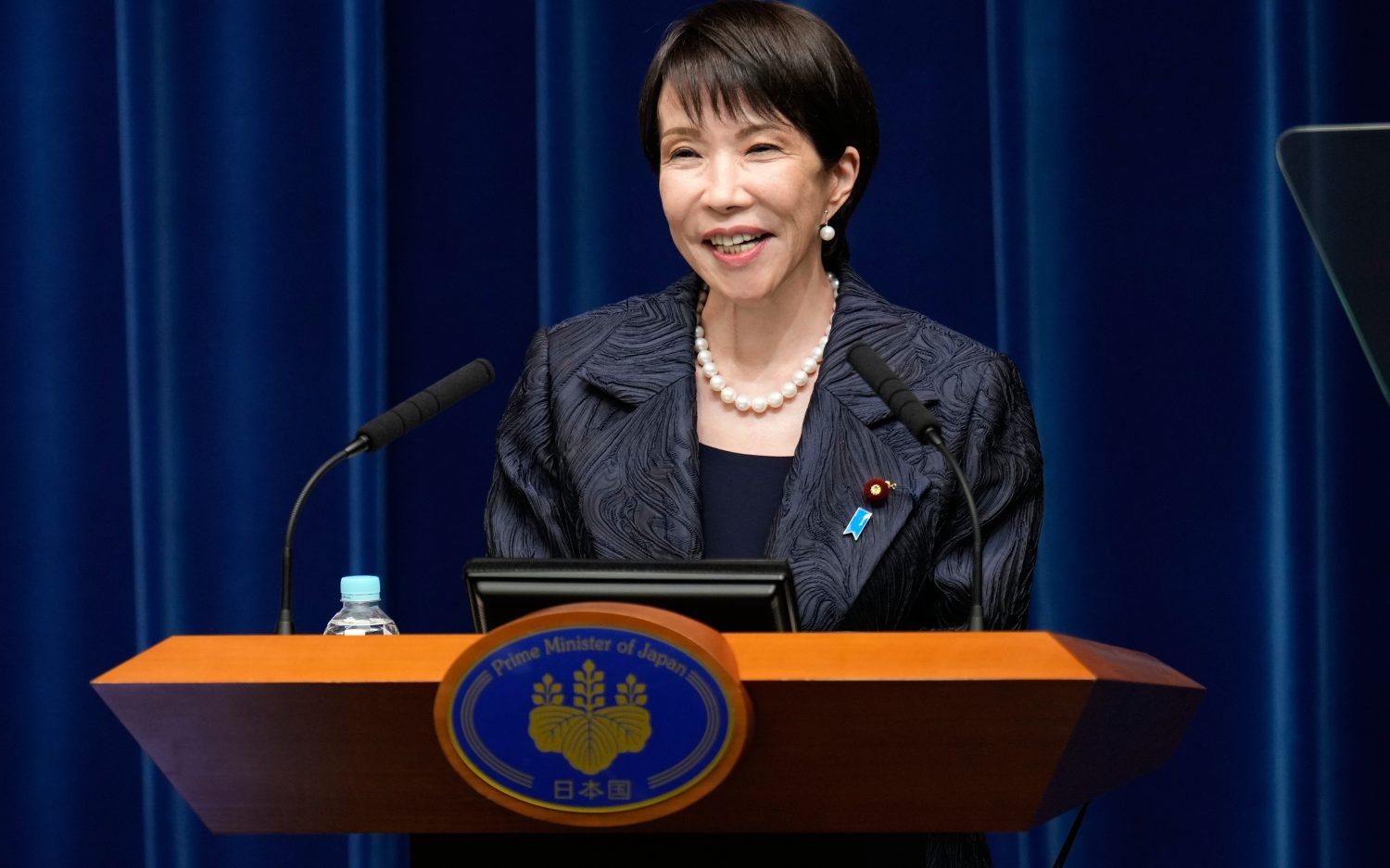Myanmar's parliament shoots down vote to lessen military control
Myanmar’s recent transition toward democracy is still haunted by a half-century of brutal military dictatorship and a junta-era constitution. Last week, lawmakers met to discuss several proposed amendments to loosen the military’s power grip and allow former political prisoner and Nobel Laureate Aung San Suu Kyi to run for president.
Both proposals met with flat rejection.
“I am not surprised at the result,” said Suu Kyi, who heads the National League for Democracy (NLD). “This makes it very clear that the constitution can never be changed if the military representatives are opposed.”
Two prominent voices in the U.S. Congress also cast doubt on the legitimacy of future elections in Myanmar, also known as Burma.
“Today’s move by the Burmese military in the parliament only solidifies concerns that the country’s upcoming elections cannot be free, fair, or credible,” Reps. Joe Crowley, D-N.Y., and Steve Chabot, R-Ohio, said in a joint statement.
Elections are slated for November, though the government has not announced an exact date.
Under Myanmar’s current charter, penned in 2008, constitutional revisions require greater than 75 percent approval, followed by a nationwide referendum to become law. The military occupies a mandatory 25 percent of parliamentary seats, granting it expansive influence as well as automatic veto power. Thursday’s vote rejected a proposal to trim the share of ballots to amend the constitution down to 70 percent, essentially removing military control.
“Myanmar is in a democratic transition period,” said Brigadier General Tin San Naing. “It has not reached its maturity in democratic practices to ensure peace and security in the country.” Naing believes the military’s veto power is necessary to ensure stability as the country moves away from junta control.
In 2011, the nation began fast-paced progress toward democratic rule. Suu Kyi’s 2010 release and 2012 election to parliament prompted the wary West to end years of diplomatic isolation and roll back sanctions on Myanmar. But four years later, the country’s military maintains tight control, keeping the nation under an iron thumb.
According to a recent New York Times report, hope for democracy has withered while pessimism grows among Myanmar’s citizens.
“Judging from the votes today, Daw Aung San Suu Kyi should rethink whether she should contest in elections at all,” political commentator U Yan Myo Thein told Times reporters. “There is no hope that she will become president.”
But Suu Kyi remains undaunted, saying there is no cause for disappointment.
“It is clearer now how to proceed,” she told reporters after the vote. “The public will clearly understand who wants change … and who they should vote for in the election.”
Defiant as Suu Kyi may be, the advocate for democratic hope in Myanmar is aging. The opposition leader turned 70 on Friday, and many fear her political career could be inching toward its expiration date.
The Associated Press contributed to this report.
An actual newsletter worth subscribing to instead of just a collection of links. —Adam
Sign up to receive The Sift email newsletter each weekday morning for the latest headlines from WORLD’s breaking news team.




Please wait while we load the latest comments...
Comments
Please register, subscribe, or log in to comment on this article.